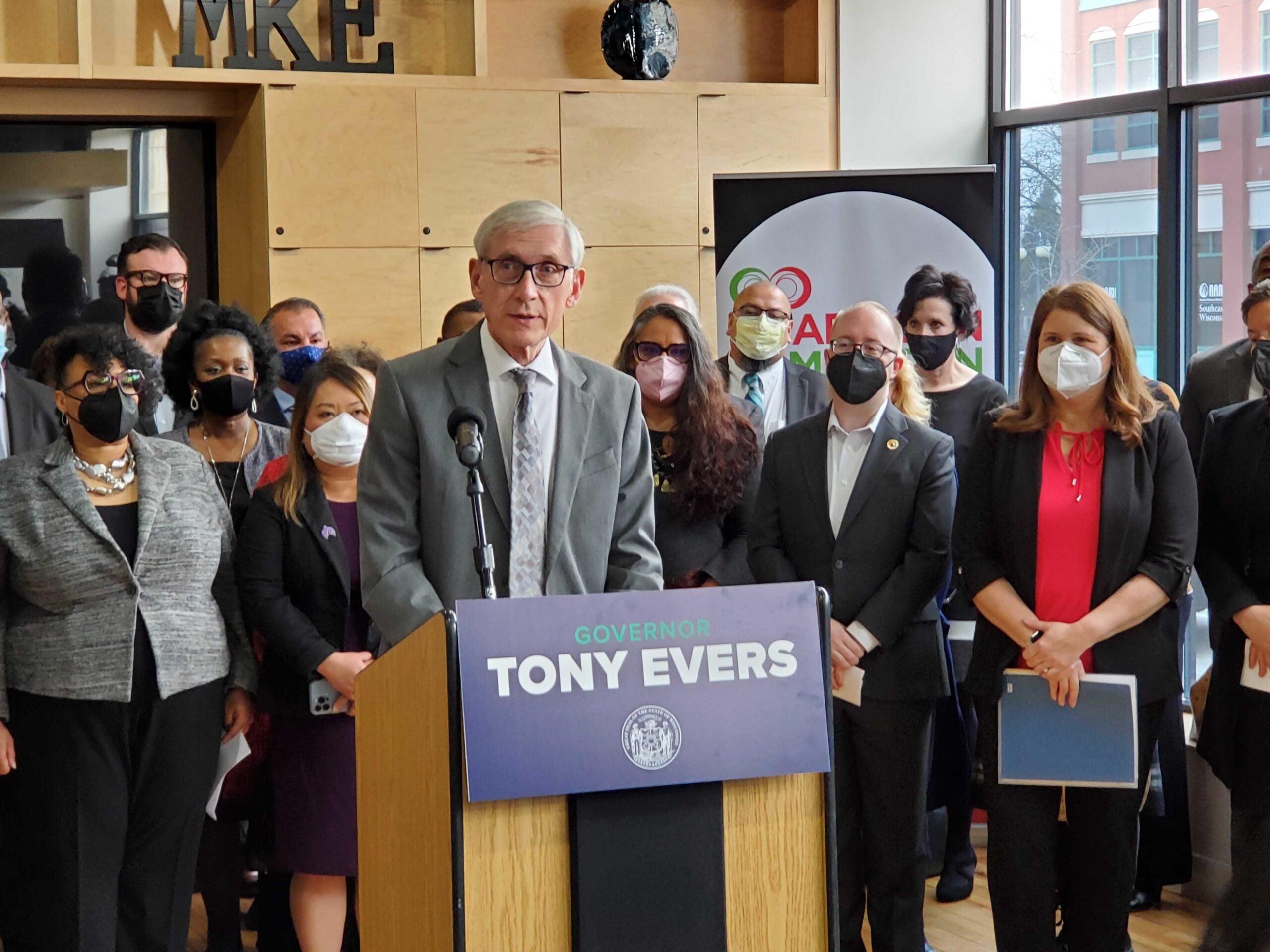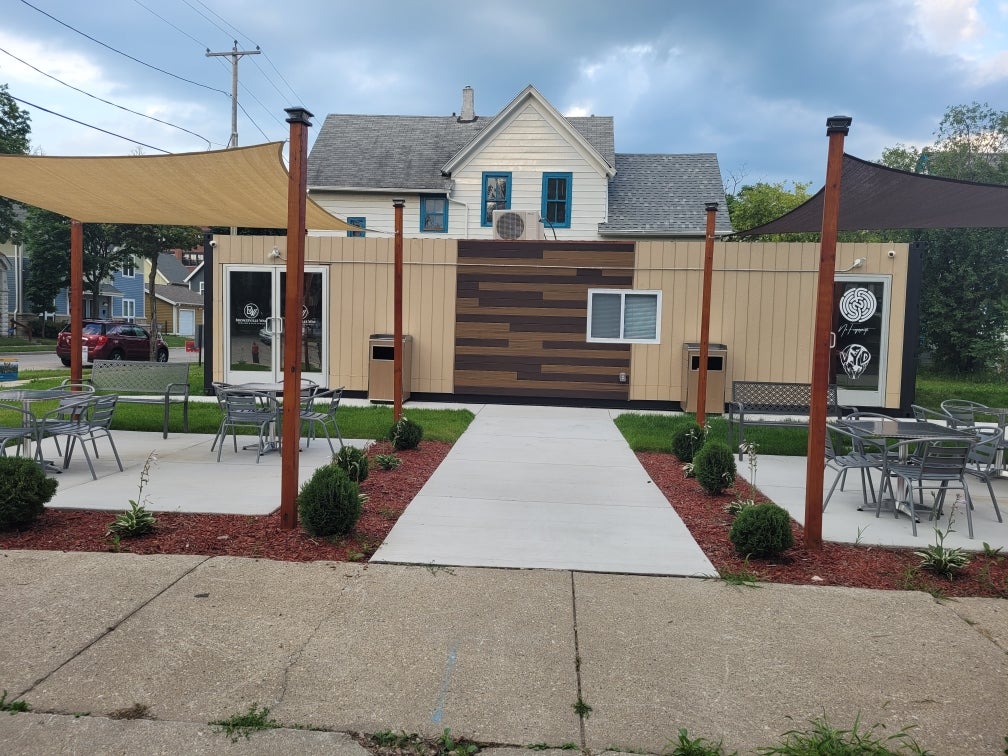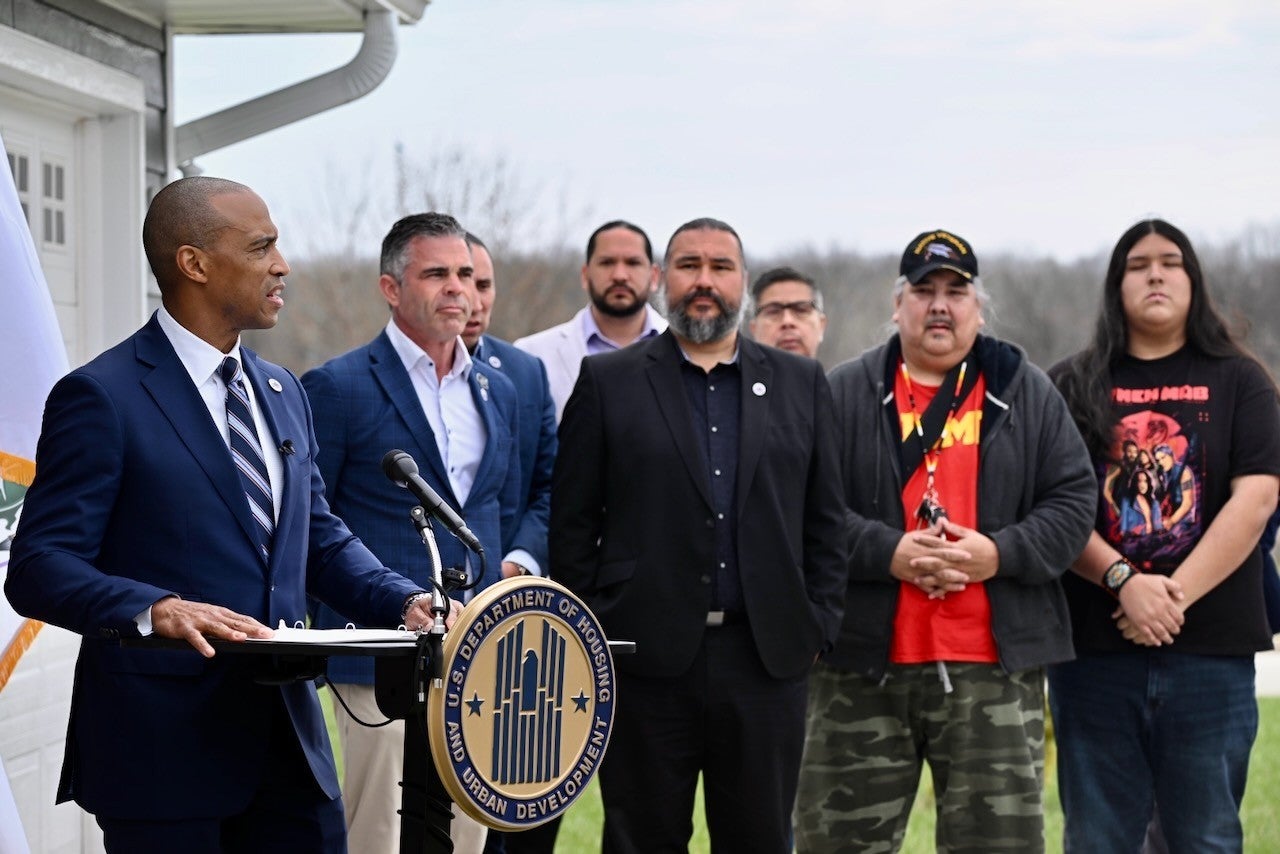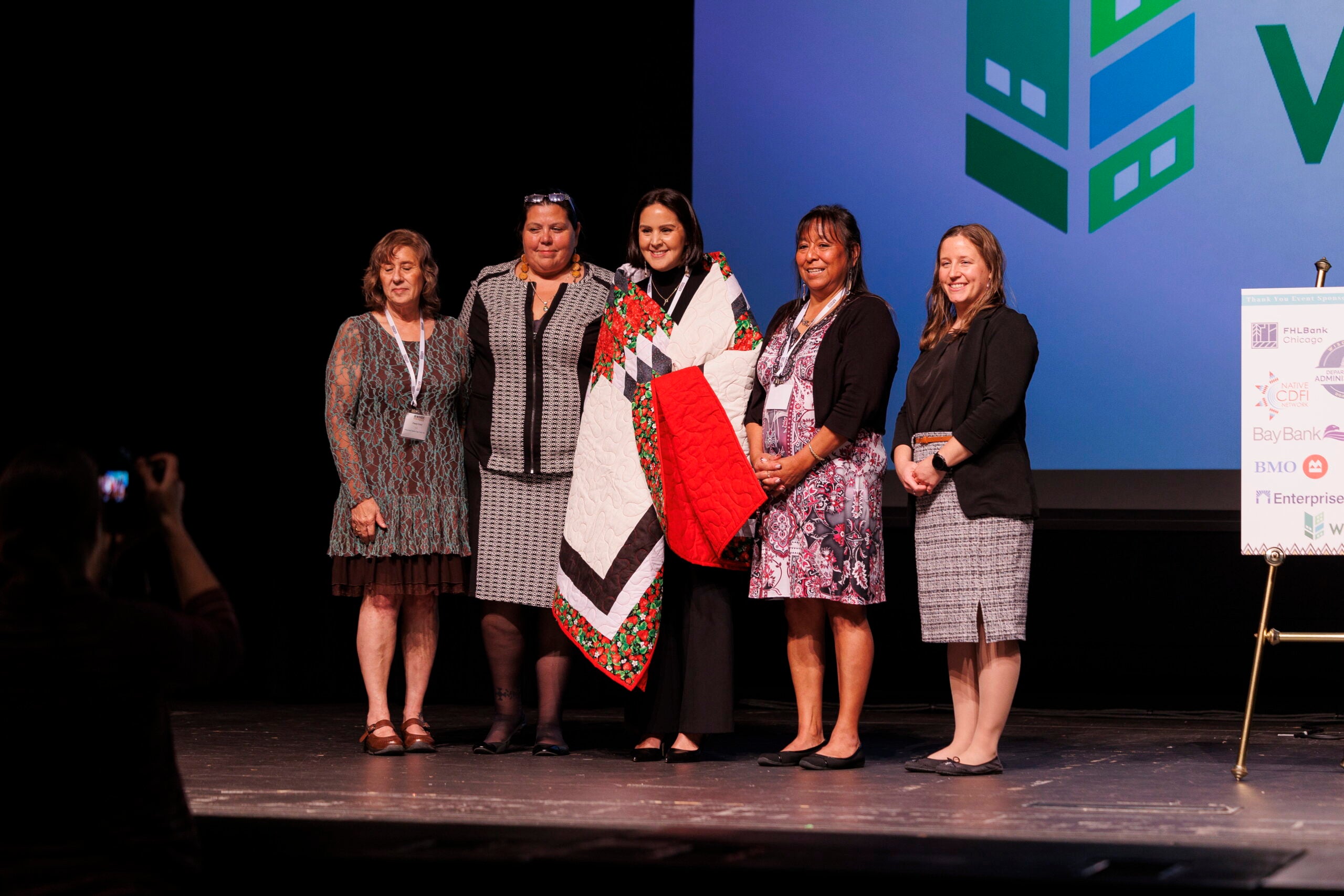More than $86 million of Wisconsin’s federal stimulus funds will go to organizations that support small businesses owned by the state’s marginalized and underserved communities, Gov. Tony Evers announced in Milwaukee Monday.
Speaking at the African American Chamber of Commerce of Wisconsin, Evers noted the COVID-19 pandemic’s disproportionate effects on communities and business owners who were already at a disadvantage. He said the money would “help ensure our small businesses, especially those who have been hardest hit, can thrive.”
“We have a unique opportunity in the state with federal funds to build a sort of future that is equitable, just and that works for everyone,” Evers said. “It would be a shame if we miss that opportunity.”
News with a little more humanity
WPR’s “Wisconsin Today” newsletter keeps you connected to the state you love without feeling overwhelmed. No paywall. No agenda. No corporate filter.
The grant programs originally totaled $75 million, but Kathy Blumenfeld, the secretary of the state’s Department of Administration, said the programs were expanded to provide additional support.
$28.9 million is going toward the Diverse Business Investment Grant Program for Community Development Financial Institutions. Those organizations are meant to provide financial support for underserved communities in Wisconsin.
Another $57.7 million through the Diverse Business Assistance Grant Program will support business chambers and nonprofits to help them assist small business owners and individuals who faced hardships during the pandemic.
“All of these organizations … know exactly what their community needs are,” Evers said.
Willie Smith is executive director of the Northwest Side Community Development Corporation. It’s receiving $6 million in grants from the programs.
He talked about the significant inequities in business ownership in Wisconsin, noting that out of the state’s thousands of gas stations, only one is Black-owned.
“These funds will help to ensure that BIPOC individuals and entrepreneurs have access to capital and the ability to build wealth,” Smith said. “These dollars will ensure that we can continue to support these businesses, to get us to a position where we’re no longer surprised when there’s some large investment by some African American business owner.”
Maysee Herr is executive director of the Hmong Wisconsin Chamber of Commerce, which is receiving around $8.4 million from the grant programs.
“We know that there’s a financial wealth gap in America, and we know that a great part of that financial wealth gap is tied to ethnic and diverse communities not having equitable access to business resources and funding,” Herr said. “Our staff work every day to try to bridge that gap.”
Herr said the Chamber helps provide guidance to small business often considered unbankable, and that the grant funds would help the Chamber open more offices and hire more staff to more closely serve communities across the state. Herr said the grant would also allow the Chamber to provide more forgivable loans.
“In the end, it’s truly about uplifting our whole community,” Herr said.
Jason Rae is the president and CEO of the Wisconsin LGBT Chamber of Commerce, which received a grant of more than $1.5 million.
“These grants are just a part of the funds that we need to help our businesses recover from COVID,” Rae said. “If we want to raise our community out of poverty, discrimination and fear, we need to proactively bolster our business owners and help them recover and grow.”
Blumenfeld said grant recipients were selected based on experience working with diverse businesses, along with plans to work with diverse business owners to “increase equity, eliminate disparities and overcome existing barriers.”
“The organizations we’re awarding today help strengthen businesses that anchor our main streets, allow family-run businesses to build wealth and grow over time, hire more people from the community and provide a lifeline to the American dream,” Blumenfeld said.
According to the original announcements of the programs, grant funds can be used by the organizations that received them for expenses made between early March of last year and the end of 2024.
Wisconsin Public Radio, © Copyright 2026, Board of Regents of the University of Wisconsin System and Wisconsin Educational Communications Board.







